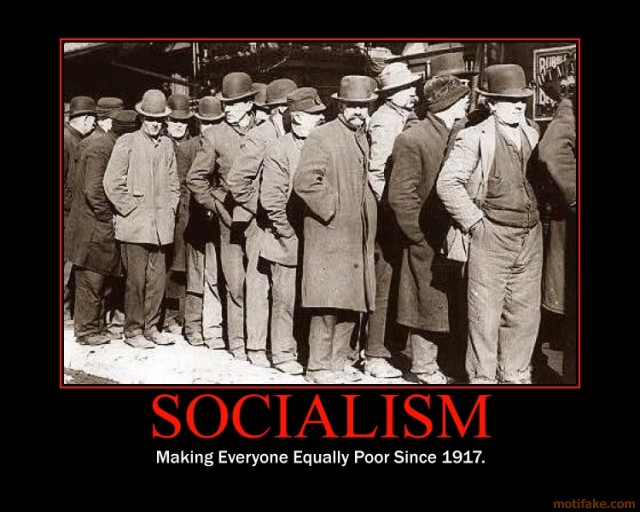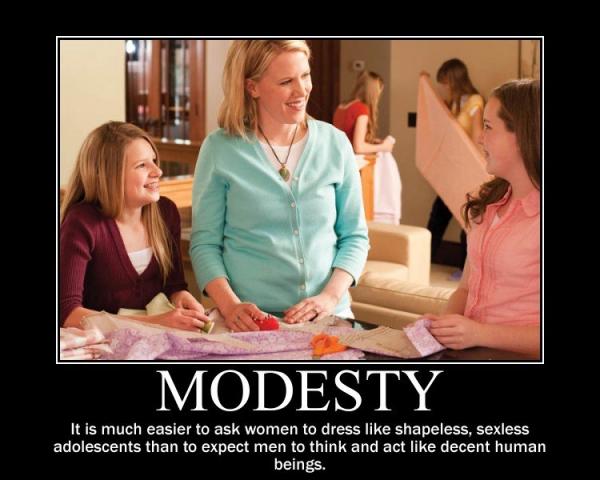The popular show, which is about evangelical Christians, has been a wildly popular, profitable venture for A&E. Only now, with the dismissal of Phil Robertson, have they decided that their claim of "having always been strong supporters and champions of the LGBT community" actually requires them to air programs in line with that claim.
To see this as an entertainment-page drama over free speech is silly (sorry, Sarah Palin). Instead, this is yet another instance in which a major American entity has made it clear that in the fight between culture and morality, they are on the side opposite Christians.
As some people have pointed out, they were within their rights. Nobody insists that a private network allow anything and everything just because participants in their program wish to exercise their right to free speech. I'm not complaining that the network made this move. In fact, I'm grateful.
I prefer a fair fight. Make it clear where you stand, since I have made it equally clear. Let us dispense with the obfuscating, trendy language of tolerance and openness, which really only masks a vast intolerance of all opinions but their own.
This is not the true tolerance, and ecumenism of Pope Francis, who says, "True openness involves remaining steadfast in one’s deepest convictions, clear and joyful in one’s own identity, while at the same time being “open to understanding those of the other party” and “knowing that dialogue can enrich each side”. (Evangelii gaudium).
This is the false-faced 'tolerance' of the "Co-Exist" generation, which, when it is revealed for the sham it is, evaporates into the privileging of one set of opinions over everything and everyone else, with a totalitarian silencing of any who think differently--or worse (and more commonly) the launching of a smear-campaign predicated on misquotes and caricatures.
Not to overquote Pope Francis, but he also said, of interreligious dialogue (which liberals and the 'Co-Exist' proponents claim to want):
"A healthy pluralism, one which genuinely respects differences and values them as such, does not entail privatizing religions in an attempt to reduce them to the quiet obscurity of the individual’s conscience or to relegate them to the enclosed precincts of churches, synagogues or mosques. This would represent, in effect, a new form of discrimination and authoritarianism. The respect due to the agnostic or non-believing minority should not be arbitrarily imposed in a way that silences the convictions of the believing majority or ignores the wealth of religious traditions" (EG 255).Yet arbitrarily imposing silence on Christians in the name of 'tolerance' is exactly what A&E, Starbucks, and others, are doing in the U.S.
Take for example, what Phil Robertson actually said (excerpted directly from the interview):
“Everything is blurred on what’s right and what’s wrong,” he says. “Sin becomes fine.”Two paragraphs later, Phil continues:
What, in your mind, is sinful?
“Start with homosexual behavior and just morph out from there. Bestiality, sleeping around with this woman and that woman and that woman and those men,” he says. Then he paraphrases Corinthians: “Don’t be deceived. Neither the adulterers, the idolaters, the male prostitutes, the homosexual offenders, the greedy, the drunkards, the slanderers, the swindlers—they won’t inherit the kingdom of God. Don’t deceive yourself. It’s not right.”
“We never, ever judge someone on who’s going to heaven, hell. That’s the Almighty’s job. We just love ’em, give ’em the good news about Jesus—whether they’re homosexuals, drunks, terrorists. We let God sort ’em out later, you see what I’m saying?”Compare that to what is reported. Headlines include things like 'Duck Dynasty' star suspended for anti-gay remarks', and the articles, invariably, quote sparingly and manipulatively from the first paragraph I quoted above, where he lists homosexuality along with other sexual sins, but never from the second paragraph, where he speaks of forgiveness, evangelization, and non-judgment. In fact, his original point in mentioning things like bestiality and adultery was to offer his opinion that, if you allow some sin, you end up having to allow all sin, but that at the end of it all, the right to judge hearts lies with God.
The way the media spins it, however, you'd think he'd said he hated gays or wished they were all dead. Like this little gem of reporting from CNN:
"Phil Robertson, a star of A&E's "Duck Dynasty," has been suspended indefinitely after slamming gays in a magazine interview."Slamming?
Then you have the response of GLAAD (Gay & Lesbian Alliance Against Defamation) to Robertson's remarks:
"Phil and his family claim to be Christian, but Phil's lies about an entire community fly in the face of what true Christians believe. He clearly knows nothing about gay people or the majority of Louisianans — and Americans — who support legal recognition for loving and committed gay and lesbian couples. Phil's decision to push vile and extreme stereotypes is a stain on A&E and his sponsors who now need to reexamine their ties to someone with such public disdain for LGBT people and families."Christianity has always been clear about homosexuality. It condemns it. People who disagree with that tenet of Christian belief are not really Christian. So firstly, the GLAAD representative's remark is inaccurate. More importantly, Phil's comments were not stereotyping or even commenting on gay people themselves. He merely reiterated/paraphrased the Bible, and made an observation about the slippery slope of an all-inclusive relative morality. Furthermore, for a group clamoring for an non-judgmental acceptance of others regardless of their lifestyle, GLAAD seems to be making some pretty sweeping judgments about the sincerity of the Robertsons' beliefs, and some pretty intolerant desires for 'public disdain' and rejection as their punishment for living a Christian lifestyle.
As I said before, I'm grateful. Thank you, A&E, for making it so clear what you think of Christianity. Thank you for showing us all that the only reason you've aired Duck Dynasty to begin with was profit. Thank you for letting practicing Christians in the U.S. (millions of whom are Duck Dynasty fans) know that you consider them a 'stain' on the country.
Because, let's speak plainly. Even though we are to fight evil with Christ and hatred with love, let us not describe such conflicts in honeyed terms, or pretend that there are not two sides.
This is war.











